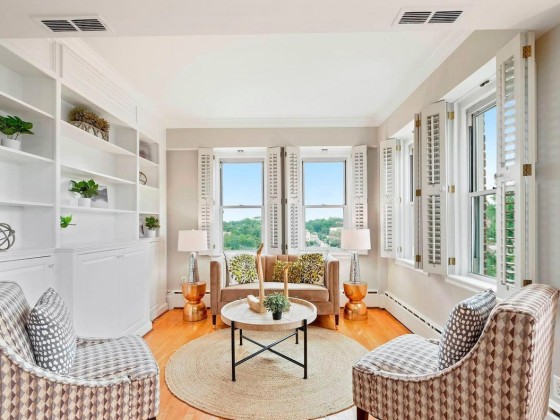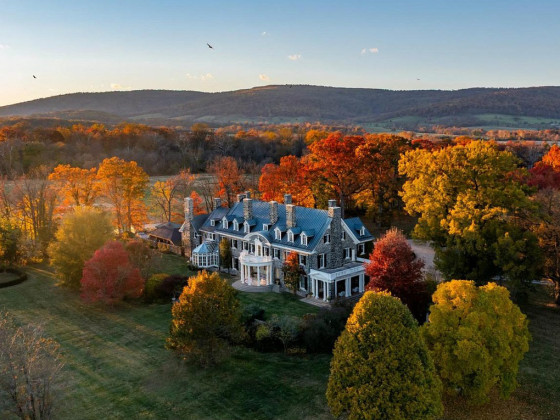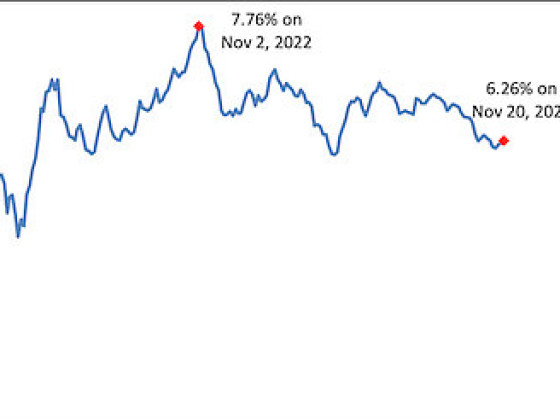 Is The Prospect of a Taller DC Really Dead?
Is The Prospect of a Taller DC Really Dead?
✉️ Want to forward this article? Click here.
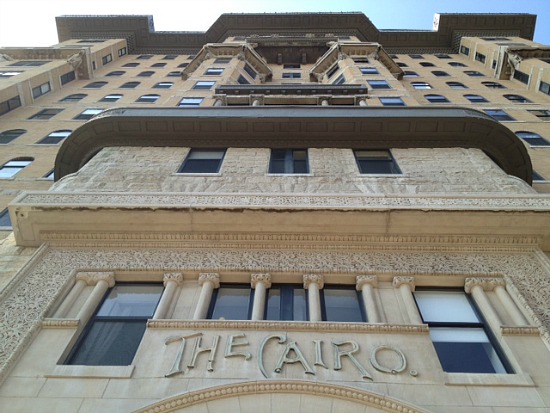
The Cairo, one of DC’s tallest residential buildings.
This past Tuesday, advocates for a taller DC were dealt what was considered at the time a lethal blow when the National Capital Planning Commission (NCPC) scaled back a recommendation that laid out a path to taller buildings outside the L’Enfant boundaries of the city, instead recommending to Congress that the federal Height Act of 1910 be kept as is.
At a press hearing the following day, Mayor Vincent Gray expressed his disappointment. “People don’t like change, period,” the mayor said. His two proxies on the NCPC, Office of Planning Director Harriet Tregoning and Robert Miller both argued throughout the NCPC hearing that the Congressional request marked a rare opportunity to give the city back some autonomy.
So, what now? Is the idea of a taller and/or a more autonomous DC dead?
Perhaps not.
When Rep. Darrell Issa (R-CA) began examining the prospect of revising the Height Act back in 2012, he requested that NCPC and the city’s Office of Planning (OP) conduct a study into relaxing the height limits.
On Wednesday, the Office of Planning announced that it was submitting its more aggressive recommendations separately, giving Congress the chance to consider both positions. In their final recommendation, the OP again stressed autonomy.
From the OP’s press release:
The District’s intent is not to raise height with its recommendations. Rather, the District is asking Congress to give it the ability under the Height Act to make these determinations in consultation with its residents in the future.
In the conclusions, the Office of Planning lays out a process for increasing heights in a targeted manner, similar to the process in the NCPC draft released on Monday prior to the amendments made at the commission hearing.
The federal Height Act should stay in place, recommends the OP, “unless and until the District completes an update to the District Elements of the Comprehensive Plan.” In the future, if the city decides during a comprehensive planning process that heights should go up in some areas, and the NCPC and Congress approve of the recommendation, the Height Act would be lifted in those areas and remain in the rest of the city. Any zoning changes would need to be approved by the Zoning Commission.
What Will Congress Do?
Now, the House Oversight and Government Reform Committee, chaired by Rep. Issa, has two sets of recommendations to consider. The committee will likely hold a hearing in December.
Since he first issued his request to study the issue in the summer of 2012, Issa has professed that he is sympathetic to a more autonomous DC. As Roll Call reported on Wednesday, Issa stated that the final decision will probably lie somewhere between the NCPC and OP’s recommendations.
From Roll Call:
“We don’t expect to have a radical change or a significant change to the Height Act as a result of the study, but we do expect to empower the parties to bring forth future plans,” Issa told CQ Roll Call, adding that he had not yet reviewed the final NCPC report.
Why A Taller DC?
So, why does the Office of Planning want the ability to increase heights, in the face of vocal opposition from residents and the Council?
One concern is that without a change, DC will “grow low.” With the city attracting many new residents, growth of the built environment is inevitable. Revising the federal Height Act, Harriet Tregoning said at a Council hearing in October, would give the city the ability to be more intentional with new construction, rather than building up to the current limits throughout DC.
For example, instead of a city that uniformly grows to 10 or 13 stories high, revising the Act may allow planners to keep some neighborhoods very low, while allowing others to rise to 20 stories or higher. Floor area ratio (FAR) requirements could also be altered, necessitating that developers make taller building less boxy and thus more set back and sculpted. The OP is also worried that DC will run out of space, driving housing prices up for those units that do exist.
“Not changing is not an option,” said Tregoning in October. “We are changing. Will we allow housing prices to get higher and higher, or will we try to address real capacity constraints?”
How Soon Would Change Happen?
If, in December, the Congressional committee opts to support the OP’s pathway to higher buildings, we are still a long ways away from a taller DC.
Given the City Council’s expressed belief that the Height Act should not change, it is highly unlikely that they would opt to alter the comprehensive plan to allow for taller maximum heights at any point in the near future. However, if a future Council wants to make that decision, they could follow the laid-out path.
If Congress opts for the NCPC’s recommendation, the Height Act would remain as is. The NCPC recommended “further study,” but eliminated language laying out a pathway. It is less clear when the study would happen, when the results would be considered, and who would consider them. The city would likely have to wait for Congress to give them another opening by making a specific request.
Many are in favor of this set-up, which leaves control of the Height Act in the hands of Congress; at the hearing on Tuesday, Council Chairman Phil Mendelson balked when Tregoning related the height decision to Home Rule.
“Home Rule is about representation in Congress,” said Mendelson. “I think of the Height Act as like something that’s part of our constitution.” The Height Act should be hard to change, believes Mendelson, and the OP’s recommended pathway would make it too easy.
So, that’s the scoop for now. Of course, UrbanTurf will be following the saga as it moves to Congress next month, so stay tuned.
This article originally published at http://dc.urbanturf.production.logicbrush.com/articles/blog/op_released_their_own_height_act_recommendation_what_now/7845.
Most Popular... This Week • Last 30 Days • Ever

Last Friday, Google began testing a new feature that surfaces detailed property listi... read »

With frigid weather hitting the region, these tips are important for homeowners to ke... read »

A new report from DC’s Office of Revenue Analysis highlights how millennials and wo... read »
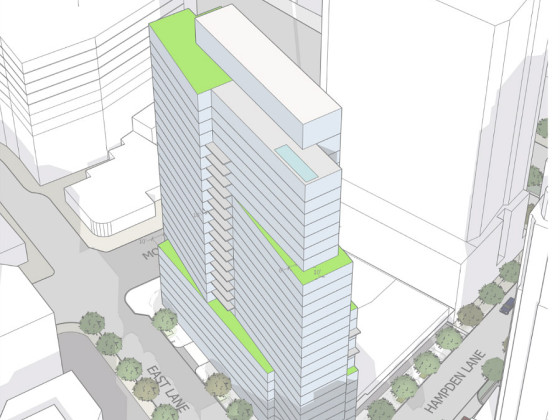
The building is the second proposal for a pair of aging office buildings in downtown ... read »
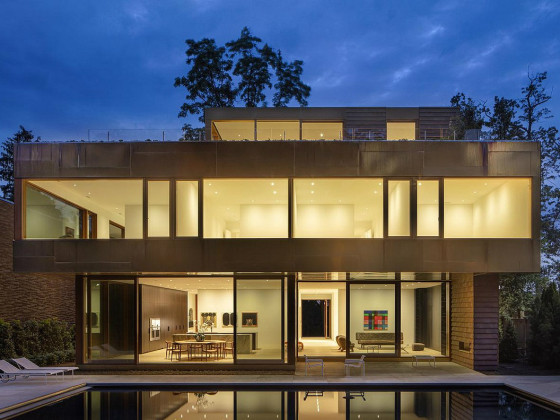
The number of neighborhoods in DC where the median home price hit or exceeded $1 mill... read »
DC Real Estate Guides
Short guides to navigating the DC-area real estate market
We've collected all our helpful guides for buying, selling and renting in and around Washington, DC in one place. Start browsing below!
First-Timer Primers
Intro guides for first-time home buyers
Unique Spaces
Awesome and unusual real estate from across the DC Metro






